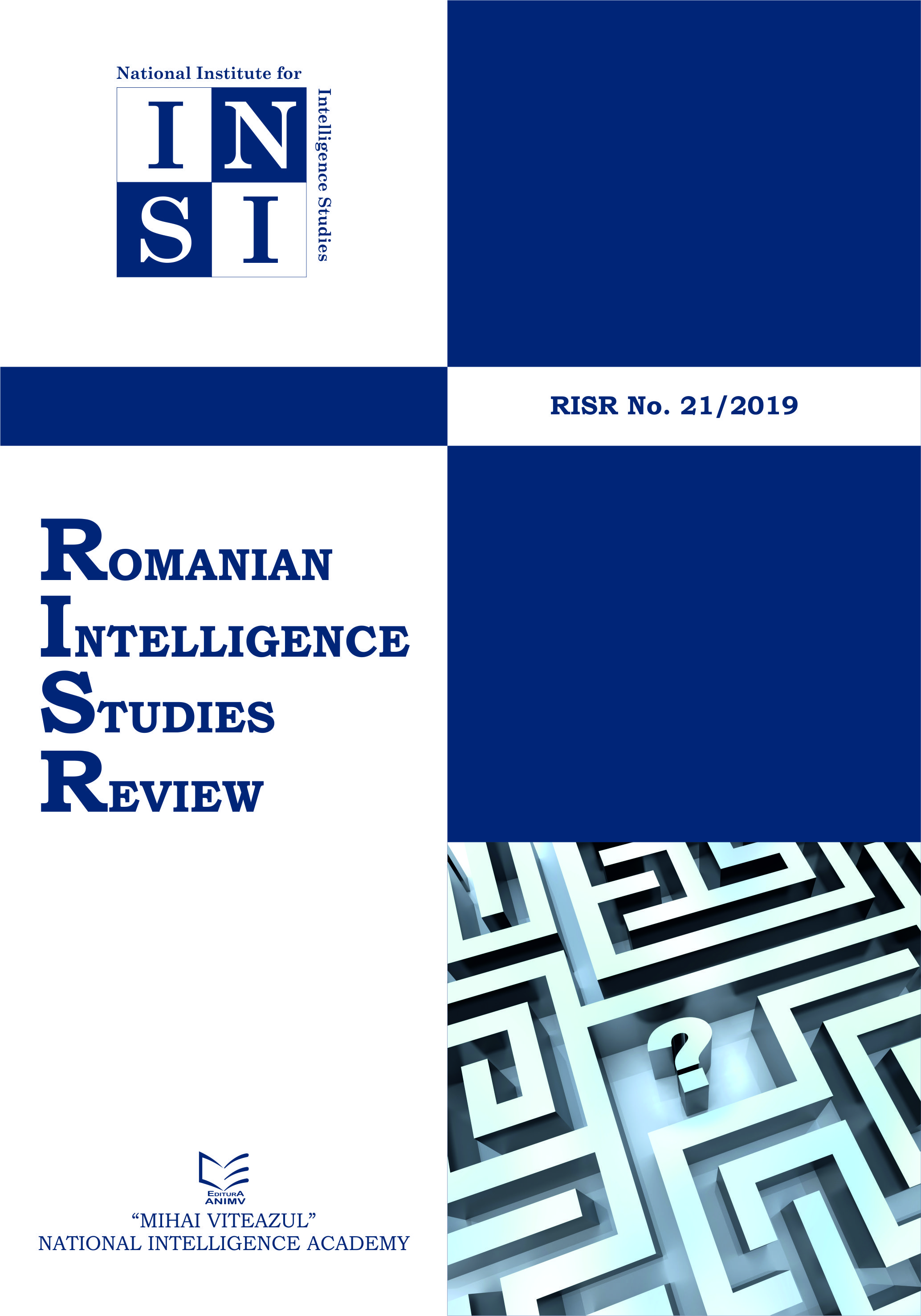TEACHING APPROACHES FOR THE KEY ACTORS IN COUNTERING RADICALISATION AND BUILDING A RESILIENT SOCIETY
TEACHING APPROACHES FOR THE KEY ACTORS IN COUNTERING RADICALISATION AND BUILDING A RESILIENT SOCIETY
Author(s): Ioana CHIȚĂ, Irena CHIRUSubject(s): Politics / Political Sciences, Politics, Social Sciences, Security and defense
Published by: National Institute for Intelligence Studies
Keywords: Radicalisation; training practitioners; building resilience;
Summary/Abstract: In recent years, radicalisation has greatly evolved. Armed conflicts from failed states have boosted radicalisation inside the EU, and the rise of foreign terrorist fighters (FTF) is only an example. Thousands of the EU citizens have joined the war theatres of Syria and Iraq. As a result, radicalized returnees with combat skills and indoctrinated against European values pose a great threat to the security of EU. Furthermore, terrorist propaganda led to uncoordinated attacks of home-grown lone actor terrorists, difficult to detect before they strike. A response strategy to the above mentioned societal trends might be dealing with their root causes. Education and good quality training remain at the central core of building a resilient society against extremist ideologies and radicalisation, as well as of having first line practitioners that hold expertise. Practitioners like intelligence officers, community police officers, prison and probation officers, law enforcement, youth and social workers, healthcare professionals and others, are valuable key actors in the prevention and combat of radicalization. Each one of them provides a part of the solution; there is no single actor that can prevent the phenomenon on its own. Therefore, it is important that they all know how to contribute. Training practitioners in the spirit of creating a multi-agency network where they can share both expertise and information is a key solution to efficiently combating radicalization. In addition to this, having a society resilient to radicalisation is part of the wider desideratum of promoting a security culture among civil society. Building a resilient society means transforming teaching institutions into “labs for democracy” and “training the teachers” because they are at the frontline when it comes to potentially identifying early signs of radicalisation, besides raising awareness through educational programs and public campaigns or round tables that address the topic.
Journal: Romanian Intelligence Studies Review
- Issue Year: 2019
- Issue No: 21
- Page Range: 195-210
- Page Count: 16
- Language: English

